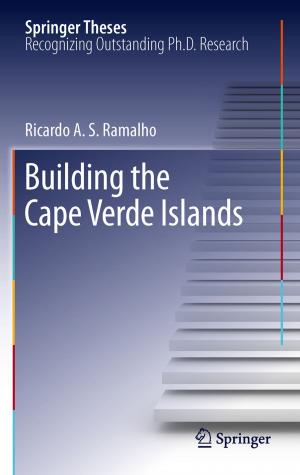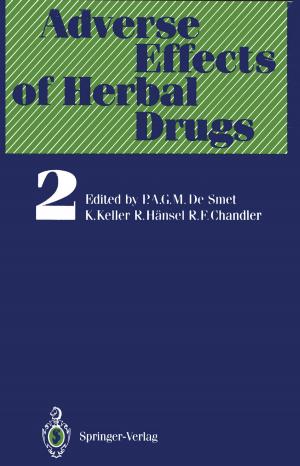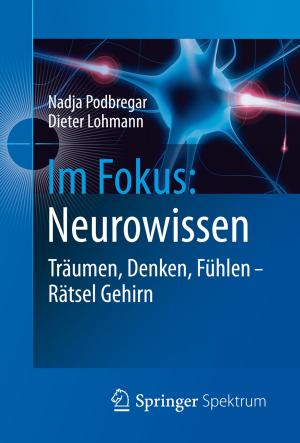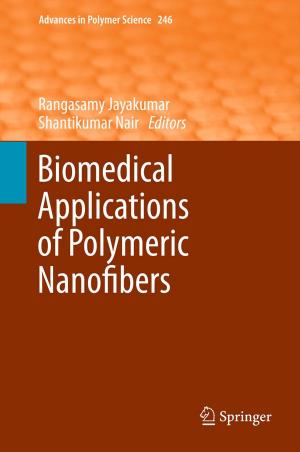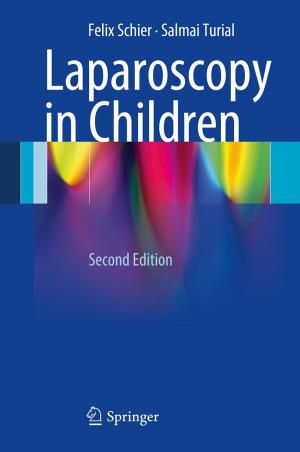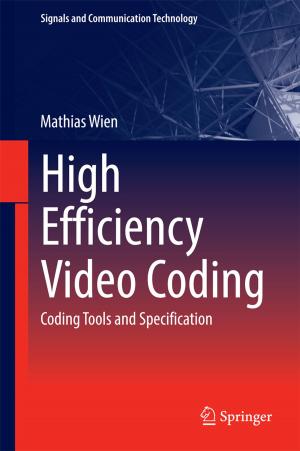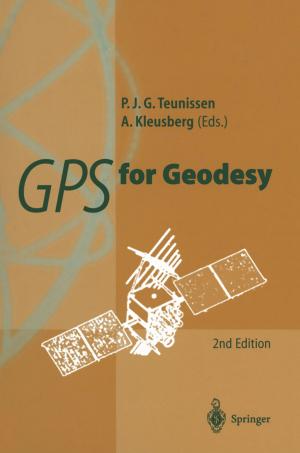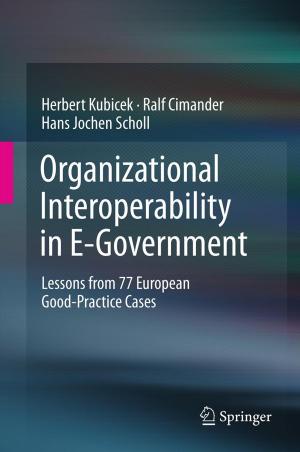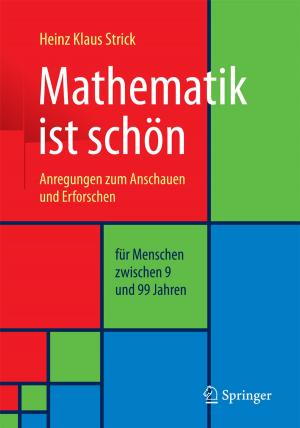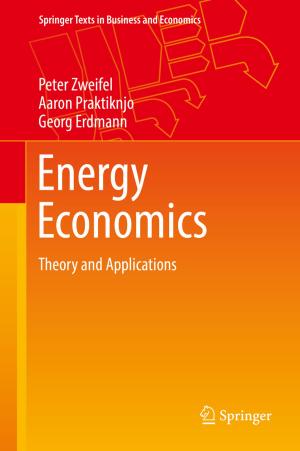3D Contrast MR Angiography
Nonfiction, Health & Well Being, Medical, Medical Science, Biochemistry, Allied Health Services, Radiological & Ultrasound| Author: | Martin R. Prince, Thomas M. Grist, Jörg F. Debatin | ISBN: | 9783662038697 |
| Publisher: | Springer Berlin Heidelberg | Publication: | March 9, 2013 |
| Imprint: | Springer | Language: | English |
| Author: | Martin R. Prince, Thomas M. Grist, Jörg F. Debatin |
| ISBN: | 9783662038697 |
| Publisher: | Springer Berlin Heidelberg |
| Publication: | March 9, 2013 |
| Imprint: | Springer |
| Language: | English |
Non-invasive, high resolution contrast arteriography without arte rial catheterization or nephrotoxicity is now possible. It is accomplished by using paramagnetic contrast and an MR scanner. Paramagnetic contrast media is injected intravenously and image data are collected as the con trast circulates through the vascular territory of interest. Due to the strong enhancement effect of paramagnetic contrast media, a small dose injected as an intravenous bolus is sufficient to briefly enhance the entire arterial vascular tree. This allows imaging with a large field-of-view that encompasses an extensive region of vascular anatomy. By using a 3D gradient echo pulse sequence on magnets with high performance gra dient systems, high resolution 3D volumes of image data are acquired in a single breath-hold. This has vastly improved image quality of 3D con trast MRA exams, particularly in the chest and abdomen. Subsequent post-processing allows an angiographic display of image data in any desired obliquity. The success of this technique is reflected by its incorporation into clinical practice in centers throughout the world. It has been applied to multiple vascular territories, using various magnets, and slightly differ ing imaging strategies. As is the ca se for all MR imaging techniques, a thorough understanding of the underlying mechanisms and proper technique are essential to fully exploit the diagnostic potential of this new form of angiography. This book will familiarize the reader with the basic principles of 3D contrast MRA.
Non-invasive, high resolution contrast arteriography without arte rial catheterization or nephrotoxicity is now possible. It is accomplished by using paramagnetic contrast and an MR scanner. Paramagnetic contrast media is injected intravenously and image data are collected as the con trast circulates through the vascular territory of interest. Due to the strong enhancement effect of paramagnetic contrast media, a small dose injected as an intravenous bolus is sufficient to briefly enhance the entire arterial vascular tree. This allows imaging with a large field-of-view that encompasses an extensive region of vascular anatomy. By using a 3D gradient echo pulse sequence on magnets with high performance gra dient systems, high resolution 3D volumes of image data are acquired in a single breath-hold. This has vastly improved image quality of 3D con trast MRA exams, particularly in the chest and abdomen. Subsequent post-processing allows an angiographic display of image data in any desired obliquity. The success of this technique is reflected by its incorporation into clinical practice in centers throughout the world. It has been applied to multiple vascular territories, using various magnets, and slightly differ ing imaging strategies. As is the ca se for all MR imaging techniques, a thorough understanding of the underlying mechanisms and proper technique are essential to fully exploit the diagnostic potential of this new form of angiography. This book will familiarize the reader with the basic principles of 3D contrast MRA.


